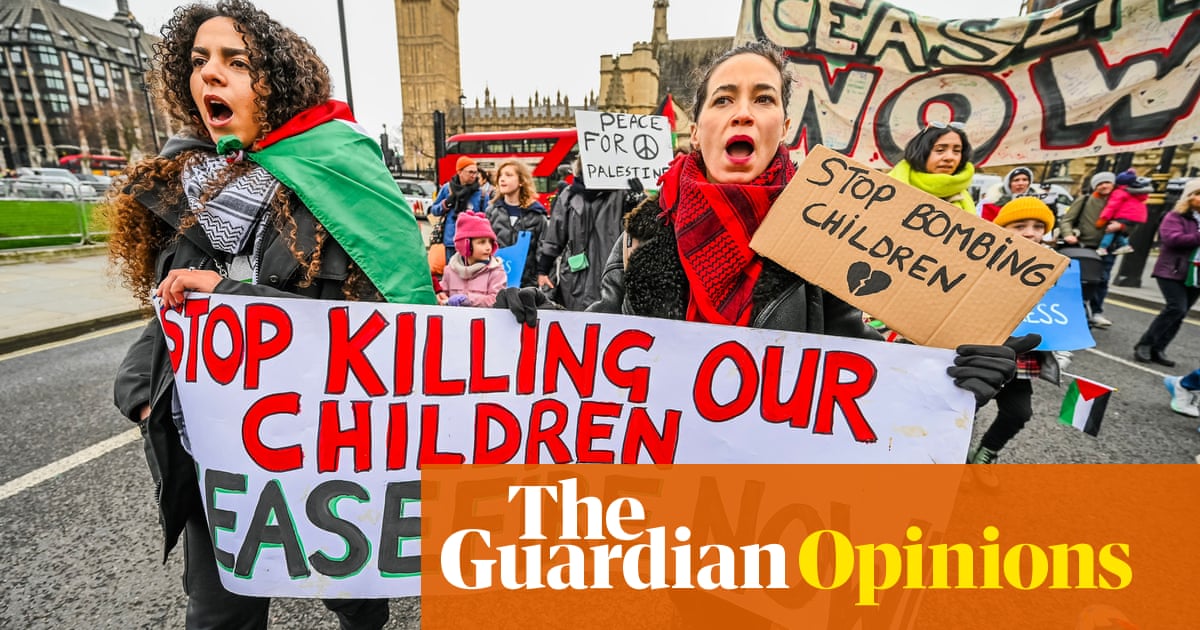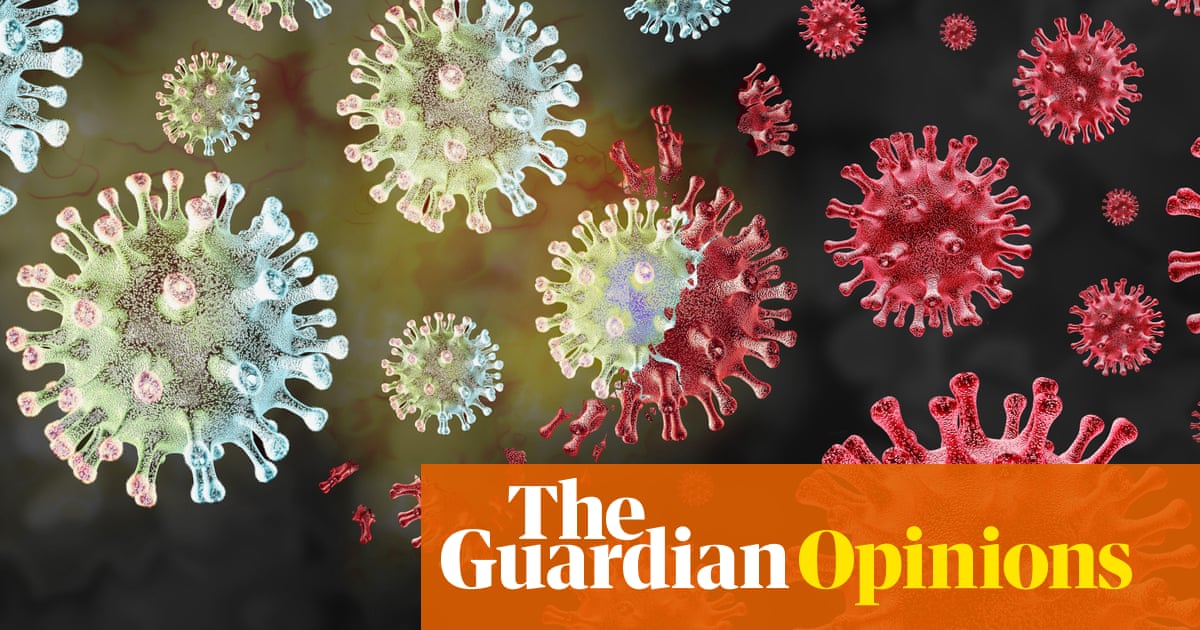
hat I wouldn’t have given to be in an actual room with Olivia Williams, rather than down a Zoom. For all her early-90s RSC pedigree, she is forever the surprise find of The Postman, Rushmore and The Sixth Sense, films in which her casting seemed so idiosyncratic.
How did this British actor, with her amused detachment and her totally rose-garden, tan-resistant complexion, end up in Hollywood? I always saw her as an ambassador for the nation, roaming around the end of last century, giving the world the impression that we were all incredibly graceful and surprisingly tall. She, conversely, maintains that she only ever got those parts because they’d blown the budget on their male lead and needed someone cheap. I just won’t have that, I’m afraid. Surely it’s faux modesty? Nope, she’s pretty dug in – all those films, “they needed people who were just going to get on with it. Because they didn’t have any budget or time to worry about people who were overly concerned with vanity or how long their trailer was.”
She will, however, allow that there was a bit more to it: “I had a sort of theatrical fearlessness that I think stood me in good stead. They were looking for someone in Sixth Sense who could square up to Bruce Willis. They were looking for someone in The Postman who could square up to Kevin Costner. For Rushmore, Hope Davies suddenly became unavailable, God bless her. I’m not proud, my father was a barrister and he always said his best cases were returns, the ones that nobody else was available for.”
We’re here to discuss The Nevers. I can’t tell you much about Williams’s character because of spoilers; let’s just say she is stunningly austere. The show has had a rocky entry on to the screens: some time between conception and delivery, several actors from previous shows by its creator, Joss Whedon, accused him of creating a “toxic environment”. What was originally slated as a 12-episode first season of The Nevers has become two six-ep mini-seasons, with Whedon replaced by Philippa Goslett as showrunner and executive producer for the second. Whedon cited the level of commitment necessary and the “physical challenges of making such a huge show during a global pandemic”, saying it was “more than I can handle without the work beginning to suffer”.
It’s had mixed reviews. I thought it was wonderful: an intricately built universe of magnetic inventiveness, its tempo almost like a teen drama, its themes unbelievably dark and densely allegorical. I thought about it for days afterwards. At one point, I became convinced that its premise – “touched” people, mainly women, with freakish abilities, demonised and feared in Victorian London – was actually a metaphor for the pitfalls of third-way progressive politics. Williams wasn’t really having that. When she thinks a question is stupid, she sort of nods, and moves along.
But she will tell me what attracted her to the role. “It was Joss calling me up and saying, ‘I’ve got a new job for you.’ Because the last time he did that it was a fabulous role in Dollhouse.” Yes, about Joss Whedon … “I know I brought him up, but I don’t want to dwell on it,” she says. “There’s nothing I can say that couldn’t be twisted into something on Twitter. I don’t speak in 240 characters. Everything I say takes 24,000 characters.” She’s deeply suspicious of social media. “Very early on, I read something racist about my elder child on an IMDb message board. And I thought, ‘OK, we’re not going to be doing that any more.’” (She has two teenage daughters, Esme and Roxana, with the actor and writer Rhashan Stone.)
More than that, though, Williams is extremely chary of talking about what is currently the hot button issue of acting: sexism, sexist pay scales, sexual harassment, sexist bullying – the lot. She won’t go anywhere near it (I get a lot of brisk nods), and it’s frustrating, since when she does talk freely about politics or her industry, she does so with such openness and precision that you get a really strong sense of who she is. You could predict that she’d be anti-Brexit, for instance, but not the extent of her self-recrimination: “I just can’t believe how negligent I was, all those years between the ages of 18 and 48, when Brexit came up, when I didn’t vote for an MEP”, nor her anguish at the human consequences. “I feel like weeping about Northern Ireland. I was over there making a radio play recently and it seemed so transformed, so hopeful and so positive a place, with a chance of being the great city it should be, and it’s just been cut off at the knee.”
She also has a stout critique of her industry, but it’s quite tailored. “The thing that’s bruising is business affairs. The director wants you, the casting director wants you, the producers love you. And then the deal goes from your agent to business affairs, and some little shit who’s just got out of law school says, ‘What have you been in?’ They will say anything, no matter how offensive it is. ‘Well, she’s not looking so great … well, she’s had cancer.’”
In 2018, Williams was diagnosed with a very rare pancreatic cancer, which had taken four years of miserable ill health to identify. She wrote about it at the time, concluding with mournful wit: “Soon after my six-month all-clear, I was asked to be an ambassador for Pancreatic Cancer UK. I … pointed out I wasn’t really famous enough to raise lots of money. They replied that I wasn’t being asked because I was famous. I was being asked because there are so few survivors.”
She talks about it very briskly now, but it’s left its scars. “I don’t have a spleen. So we got out of London before lockdown and stayed out of London for both lockdowns. I had a good war with my delightful family in a small place far from infection.”
Between those early cinematic performances and her recent television work – before The Nevers, she was in the US sci-fi thriller, Counterpart, for two years – Williams made a number of British films that you might call classic but discreet: An Education (2009), based on Lynn Barber’s brilliant memoir; The Heart of Me (2002), adapted from a Rosamund Lehmann novel; The Ghost Writer (2010), Robert Harris’s thinly veiled take-down of Cherie Blair (Williams played Ruth Lang, who’s the Cherie in my highly personal interpretation). She resolutely claims that there’s never been any plan; she’s always simply taken what she was offered. Yet she has a visceral aversion to stardom. “I’ve been close enough to it to see how horrifying it is. It’s like some sort of dream.”
She describes shooting in Rome with Antonio Banderas, trying to persuade him to go to a gallery, which he said was just impossible. So they went to a tiny place for lunch instead. “When we sat down, it was just us, and within an hour he had to be escorted out by security with his head in a blanket. And I thought, ‘How fucking miserable is that?’ If you love acting, is celebrity necessarily part of acting?” Surely on some level she prioritised privacy over blockbusters? “No, absolutely not,” she says staunchly. “If the money or the location or the leading man had been right, I’d have ditched my privacy and taken the job.”
If there were a throughline to both her career and her conversation, it may be that she’s always drawn to the subtle and complex, and faintly repelled by the obvious and splashy. “There was a wonderful drama teacher [at the Bristol Old Vic theatre school], who was old enough to be Prussian. My favourite admonishment of his was, ‘Ducky, your subtext is showing.’ In the age of therapy, subtext becomes text, but I think it’s much more interesting to keep your subtext sub.”
In spite of her fierce denial of ever having had a plan, she has “navigated the way through, past the Scylla and Charybdis of either not working at all or a celebrity that stops you going about your business unmolested. I don’t know how that’s happened and I’ve earned a living at the same time. So I feel truly blessed by that.” Perhaps more the point: “Between action and cut, between curtain up and curtain down, I’m just about as happy as I can be.”












